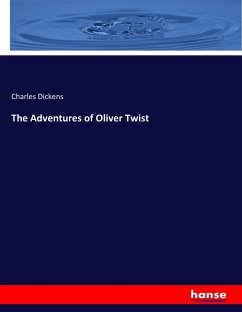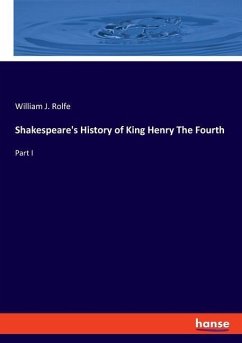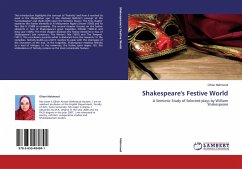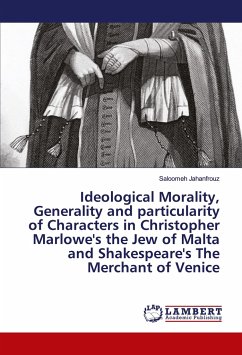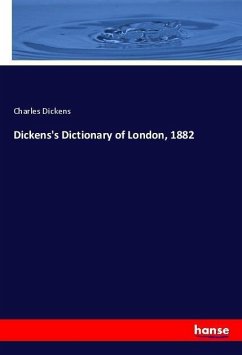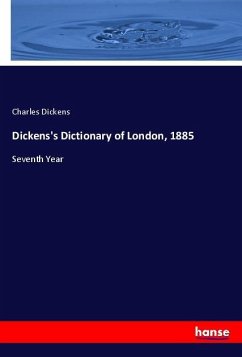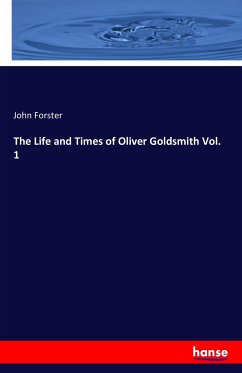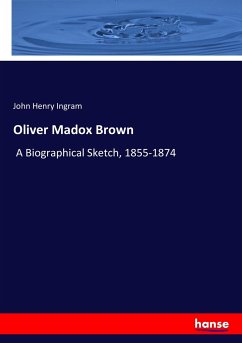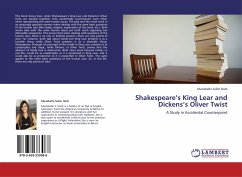
Shakespeare's King Lear and Dickens's Oliver Twist
A Study in Accidental Counterpoint
Versandkostenfrei!
Versandfertig in 6-10 Tagen
32,99 €
inkl. MwSt.

PAYBACK Punkte
16 °P sammeln!
This book shows how, when Shakespeare s King Lear and Dickens s Oliver Twist are studied together, they accidentally counterpoint each other when representing the same human issues. The play and the novel work in an amazingly opposite manner when dealing with the same basic questions of the human race (like family, religion, exploration of the mind, etc.). Both works deal with the same human issues yet both reach opposing but defensible viewpoints. This proves that when dealing with questions of the human race, there is no one or definite answer there are only points of view. For instance, bot...
This book shows how, when Shakespeare s King Lear and Dickens s Oliver Twist are studied together, they accidentally counterpoint each other when representing the same human issues. The play and the novel work in an amazingly opposite manner when dealing with the same basic questions of the human race (like family, religion, exploration of the mind, etc.). Both works deal with the same human issues yet both reach opposing but defensible viewpoints. This proves that when dealing with questions of the human race, there is no one or definite answer there are only points of view. For instance, both talk about family but King Lear presents it as a horrible thing while Oliver Twist presents it as a desirable thing. Shakespeare, through his portrayal of the family in King Lear, presents it as catastrophic and tragic, while Dickens, in Oliver Twist, proves that the absence of family love is destructive. Both cases work because family in real life could be as catastrophic as it is presented in King Lear, and it could also be as productive as it is presented in Oliver Twist. The same applies to the other basic questions of the human race. So, in this life, there are only points of view.



